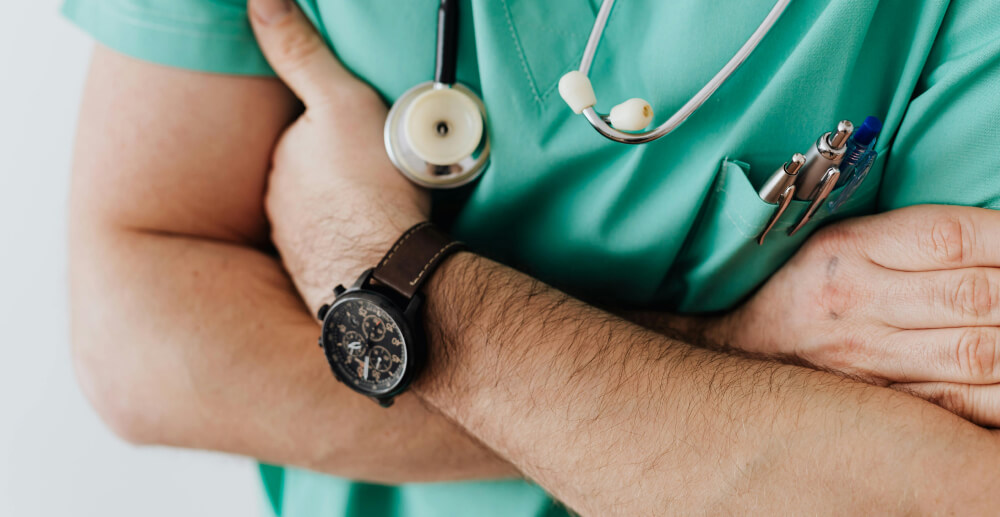When we (and many other people) talk about overdose, we often focus on the death toll. On one hand, this is understandable—in 2022, drug overdose caused 107,941 deaths, which represents terrible, painful loss of life. But on the other hand, this point of view can be fatalistic, making it seem as though an overdose has to be a death sentence, when this is far from the case. So many of my friends, relatives, and colleagues have experienced and survived overdoses.
Without ignoring the dangers and devastation of overdose, let’s take a more hopeful look at the topic as we approach International Overdose Awareness Day tomorrow on August 31st.
The guiding principles of International Overdose Awareness Day
International Overdose Awareness Day is driven by the following principles:
- Overdose can and must be prevented
- Overdose prevention solutions exist—let’s use them.
- Criminalizing drug use hasn’t worked. Compassionate alternatives must be pursued.
- Policy and legislation must exist to protect individuals and communities, and ensure basic human rights and needs are met.
- Everyone has a right to respectful and comprehensive health care.
- Only a community-wide effort can end overdose.
I love that this harm-reduction perspective on overdose encourages us to take positive action instead of being paralyzed by the fear of overdose.
Know the signs of overdose
In order to help people who are experiencing overdose, it’s important to be aware of what to watch out for. The International Overdose Awareness Day website offers a set of fact sheets about overdose, including signs and recommended actions. They also have individual downloads for factsheets about alcohol, crystal meth, depressants, new psychoactive substances, opioids, and stimulants.
Opioid overdose is particularly relevant to many Workit Health members (either as something they experience personally or something they are concerned about for friends and loved ones). According to the Substance Use and Mental Health Services Administration (SAMHSA), the signs of opioid overdose include:
- Their face is extremely pale and/or feels clammy to the touch
- Their body goes limp
- Their fingernails or lips have a purple or blue color
- They start vomiting or making gurgling noises
- They cannot be awakened or are unable to speak
- Their breathing or heartbeat slows or stops
If you see someone with these symptoms who may have used opioids, it’s time to take lifesaving action by administering Narcan.
Carry and administer Narcan
Narcan is a brand name of naloxone, an overdose rescue medication. Narcan comes in the form of a convenient nasal spray, and it is available without a prescription. It works by binding tightly to the opioid receptors in the brain, dislodging opioids and blocking off the receptors. The effect of this is that naloxone reverses the opioid overdose.
- Don’t hesitate—Some people hold off on administering Narcan because they aren’t absolutely certain that the person took opioids. You don’t have to wait to be sure! It doesn’t hurt someone to get naloxone if they don’t have opioids in their system. The Narcan website has simple instructions on how to administer it.
- Call 911—Even after you’ve given Narcan to someone, they still need emergency medical care. Call 911 after you administer naloxone.
- You may need to give more than one dose—Depending on which kind of opioid the person took, they may need more than one dose of Narcan to keep them safe until the ambulance arrives. This is especially true if they’d taken a synthetic opioid like fentanyl.
- They may not feel well—Because naloxone dislodges opioids from the receptors in the brain, it can cause precipitated withdrawal, which includes intense and sudden withdrawal symptoms. Don’t be surprised if they are upset about feeling so physically bad.
Test your supply
One of the reasons that opioid-involved overdoses have been on the rise is because of the increase in synthetic opioids, including fentanyl. Many people take fentanyl intentionally, but for some folks, it’s an intended consequence of a contaminated supply. In response to this risk, most states have decriminalized fentanyl testing strips. (Note that fentanyl testing strips are still illegal in Indiana, Iowa, North Dakota, and Texas.)
If you’re taking an opioid that isn’t fentanyl (as far as you know) or if you’re taking a non-opioid drug, like cannabis, methamphetamine, MDMA, make sure to test your supply. Knowing what you’re taking can allow you to be safer.
Treatment is an option
It has been shown time and time again<—in scientific studies and in the lives of the people around us<—that medication-assisted treatment like Suboxone and methadone reduces the risk of overdose and saves lives. If you feel like overdosing is an inevitable part of your drug use, it’s not. You can stop the cycle of use, overdose, and withdrawal with the help of a medication that relieves cravings and withdrawal symptoms.
Overdose is scary and dangerous. I don’t want to minimize it. But it is also a part of life for many folks who use drugs, and we want to reduce the risks for those people. On International Overdose Awareness Day, I hope you’ll join us in raising awareness that overdose is preventable.








